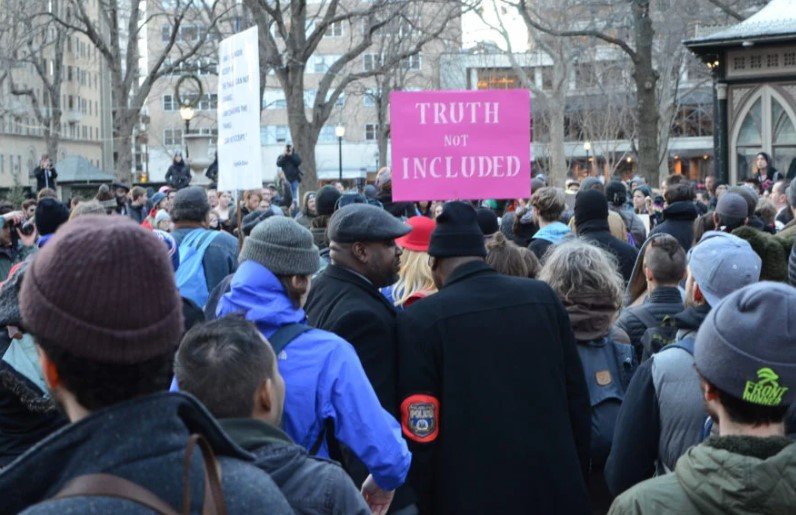The political landscape in Georgia is heating up as the October elections approach, with allegations of interference from Russian intelligence. Giorgi Gakharia, leader of the “For Georgia” party, has accused Russian intelligence of attempting to meddle in the elections to aid the ruling Georgian Dream party in rigging the results. This statement has sparked significant controversy and concern among the Georgian public and international observers. The upcoming elections are seen as a critical moment for Georgia’s democratic future and sovereignty.
Allegations of Election Interference
Giorgi Gakharia’s accusations against Russian intelligence have raised serious concerns about the integrity of the upcoming elections. According to Gakharia, the statement from Russian intelligence is a direct attempt to influence the election outcome in favor of the Georgian Dream party. He claims that the ruling party is coordinating with Moscow to manipulate the electoral process and undermine the democratic will of the Georgian people.
These allegations are not without precedent. In recent years, there have been numerous reports of Russian interference in the political affairs of neighboring countries. The use of propaganda, cyber-attacks, and other covert methods to influence elections has become a hallmark of Russian foreign policy. Gakharia’s statement suggests that Georgia is now the latest target of these tactics.

The timing of the statement from Russian intelligence is also notable. It coincides with recent declarations from the Georgian Dream party, which have been accused of spreading misinformation and attempting to discredit opposition parties. This alignment has led many to believe that there is a coordinated effort to manipulate the election results.
Impact on Georgian Politics
The allegations of Russian interference have significant implications for Georgian politics. The October elections are not just a routine political event; they are a crucial test of Georgia’s democratic institutions and its commitment to sovereignty. If the allegations are true, they represent a serious threat to the integrity of the electoral process and the future of Georgian democracy.
The “For Georgia” party has called for increased vigilance and international oversight to ensure that the elections are free and fair. They argue that the protection of Georgia’s sovereignty and democratic future is at stake. This call has been echoed by other opposition parties and civil society organizations, who are demanding transparency and accountability in the electoral process.
The international community is also closely watching the situation. Georgia’s strategic location and its aspirations for closer ties with the West make it a key player in the region. Any interference in its democratic processes could have broader implications for regional stability and international relations.
Response from the Georgian Dream Party
In response to the allegations, the Georgian Dream party has denied any wrongdoing and dismissed Gakharia’s claims as baseless. They argue that the accusations are part of a smear campaign by the opposition to discredit the ruling party ahead of the elections. The party has reiterated its commitment to conducting free and fair elections and has called for calm and unity among the Georgian people.
Despite these assurances, the allegations have cast a shadow over the upcoming elections. Many Georgians are concerned about the potential for election fraud and the influence of foreign powers on their political system. The controversy has heightened tensions and increased the stakes for all parties involved.
The allegations of Russian interference in the October elections have added a new layer of complexity to Georgia’s political landscape. As the elections approach, the focus will be on ensuring transparency, fairness, and the protection of Georgia’s democratic institutions. The outcome of the elections will not only determine the future of the Georgian Dream party but also the direction of the country’s democratic journey.
